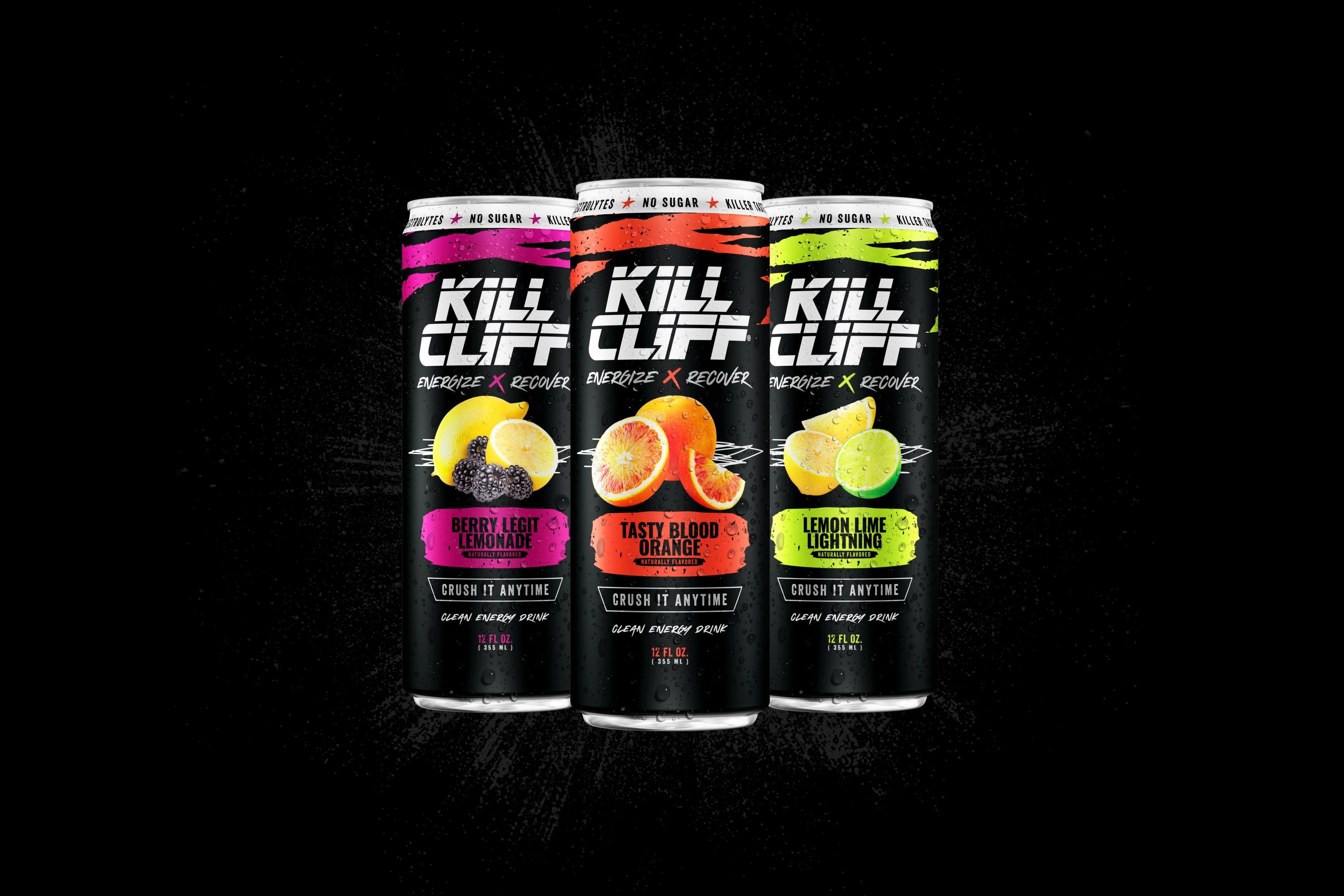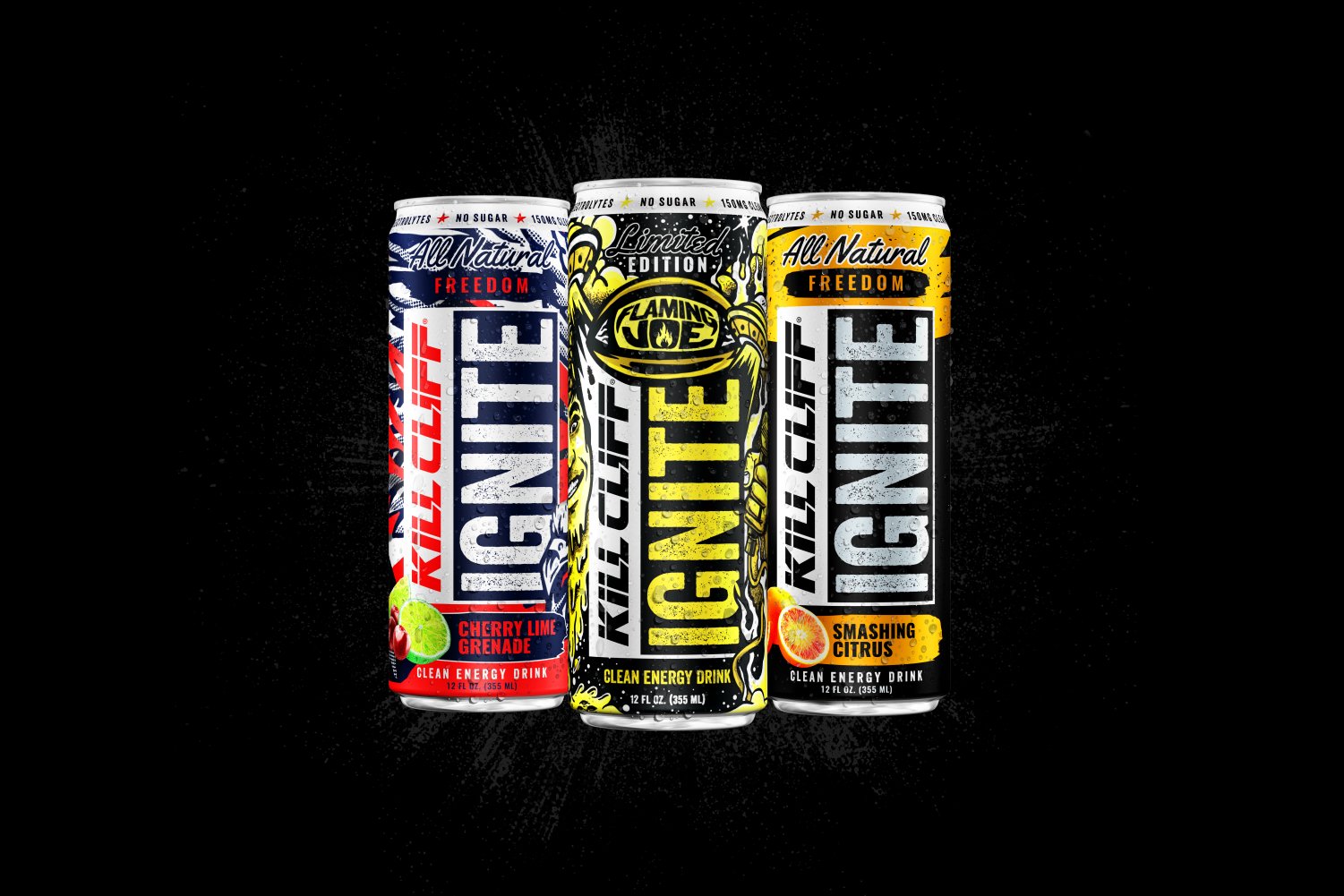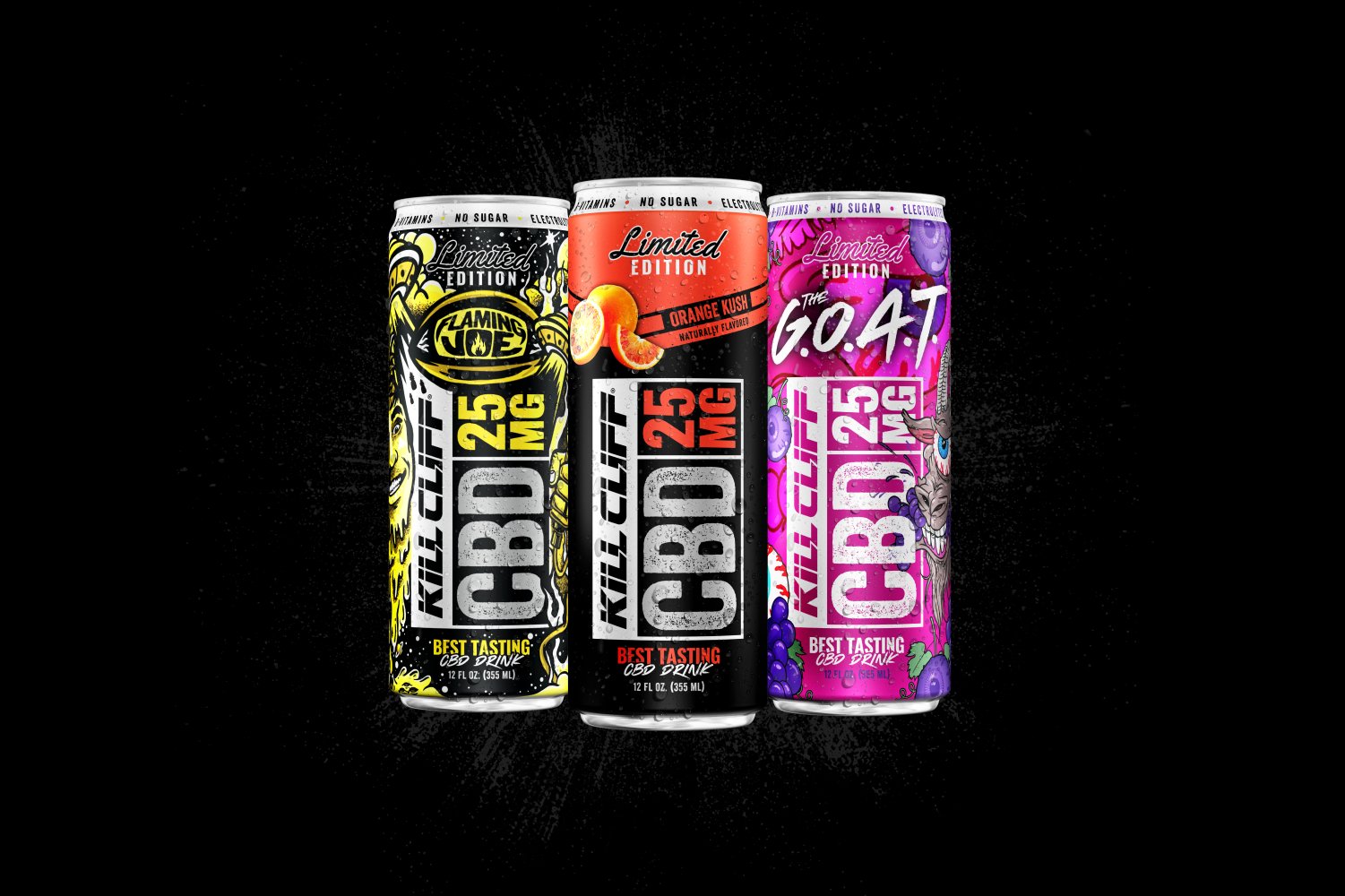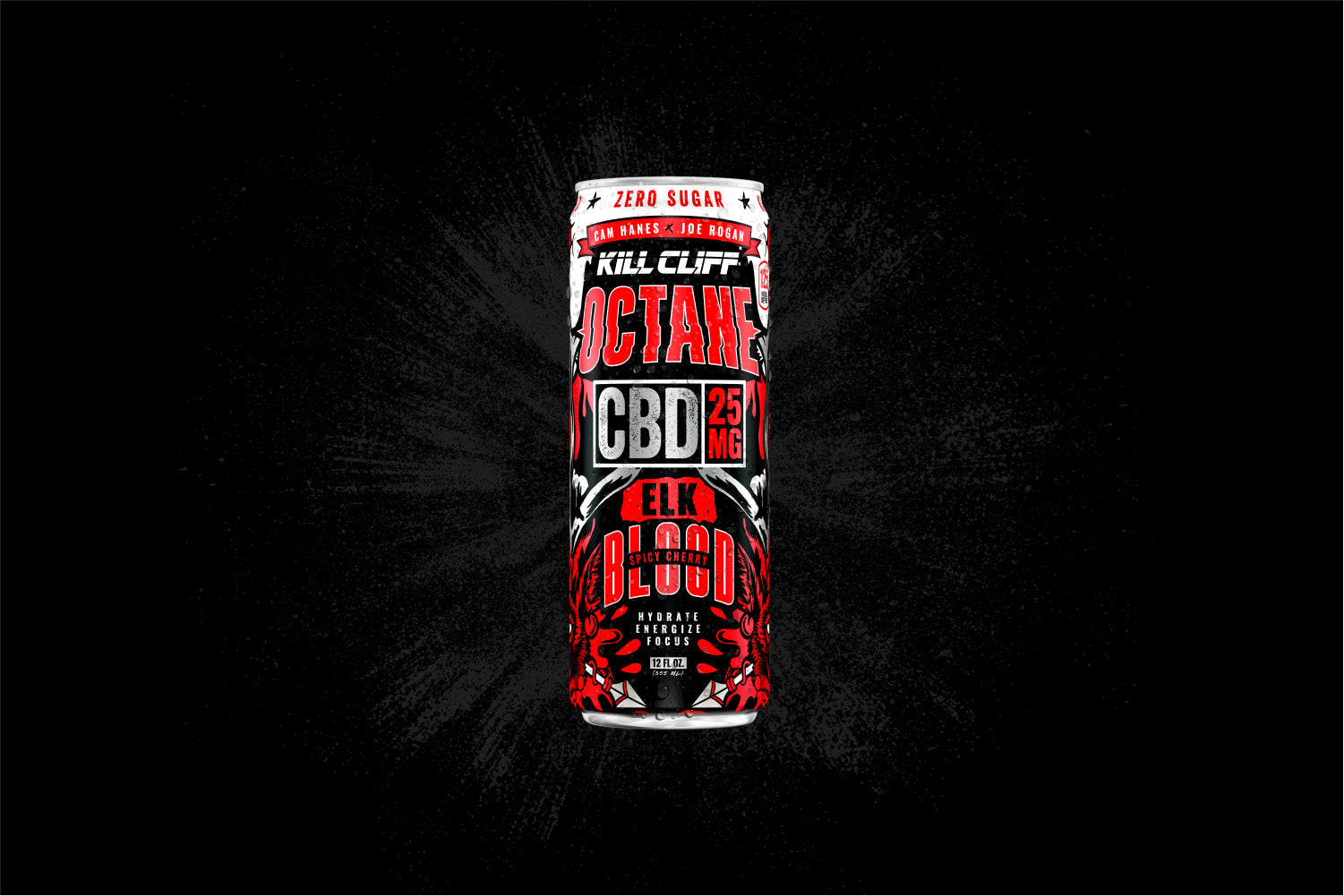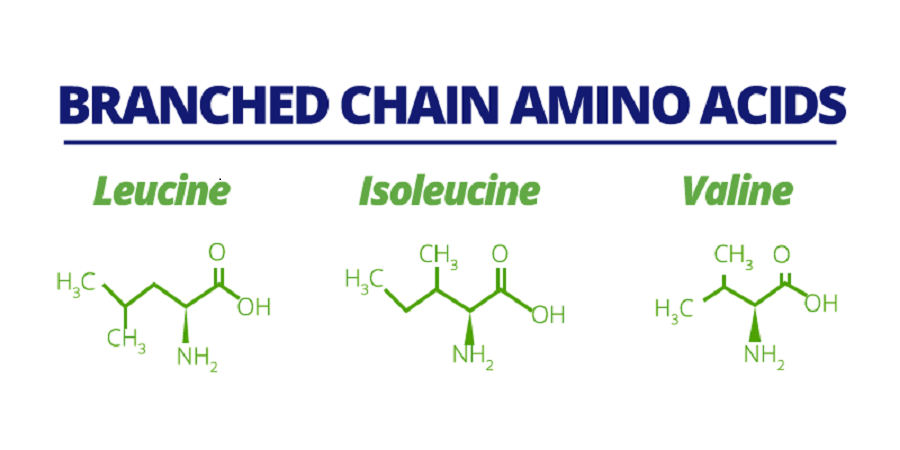
What are BCAAs?
Branched-Chain Amino Acids, aka BCAAs, are essential proteins found in your foods. Your body receives energy as your muscles burn these amino acids. The three amino acids that make up the branched-chain amino acids are leucine, isoleucine, and valine. These are essential amino acids, meaning your body cannot produce them.
Do you need BCAAs?
You'll see various health food and beverage products adding in BCAAs to their products as an added benefit. Many people buy supplements of BCAAs. While they can be a nice addition to a product, they're not 100% necessary.
"If you're eating an overall healthy diet and you're balancing your protein throughout the day, you really don't need to take BCAAs in supplement form," says Joy Dubost, RD and a spokesperson for the American Dietetic Association.
What foods contain BCAAs?
These are some foods that BCAAs come from:
- Whey, milk, and soy proteins
- Beef, chicken, fish, and eggs
- Baked beans and lima beans
- Chickpeas
- Lentils
- Whole wheat
- Brown rice
- Almonds, Brazil nuts, and cashews
- Pumpkin seeds
Negative effects of BCAAs
While they can do a lot of good, they can also lead to some negative effects. An issue with BCAA consumption is that they fight for absorption with other important amino acids.
High doses of BCAAs can reduce serotonin production. This is ideal for exercise as serotonin increases fatigue, but it can also be dangerous as serotonin is essential for regulating anxiety, mood, and depression-like symptoms.
